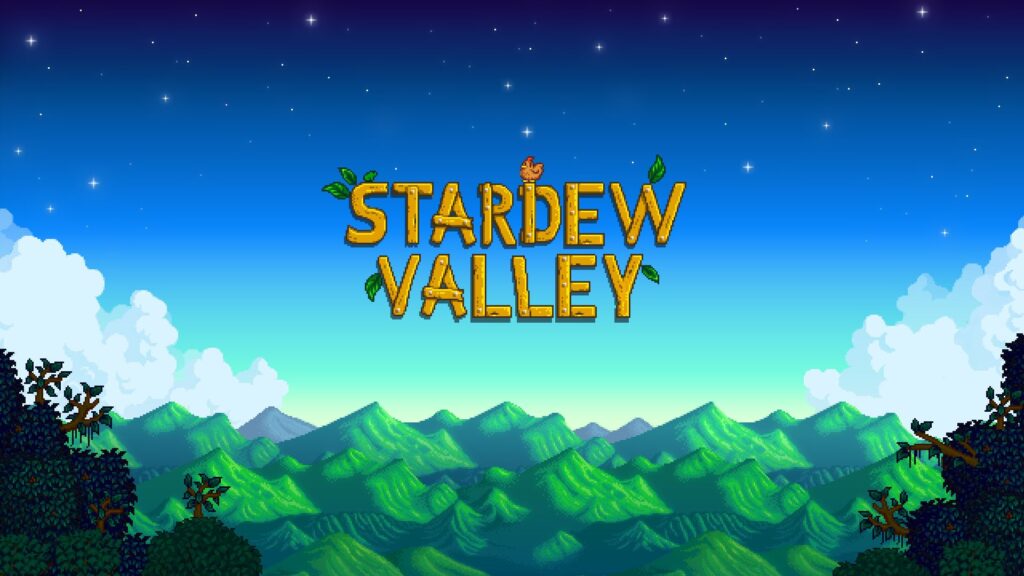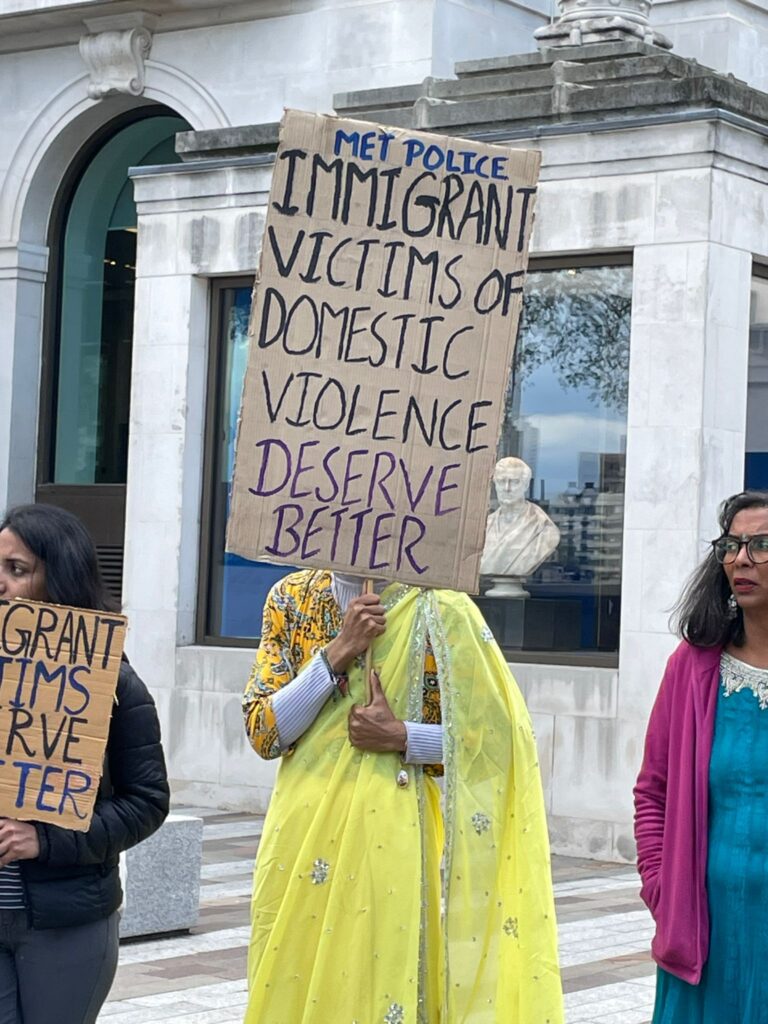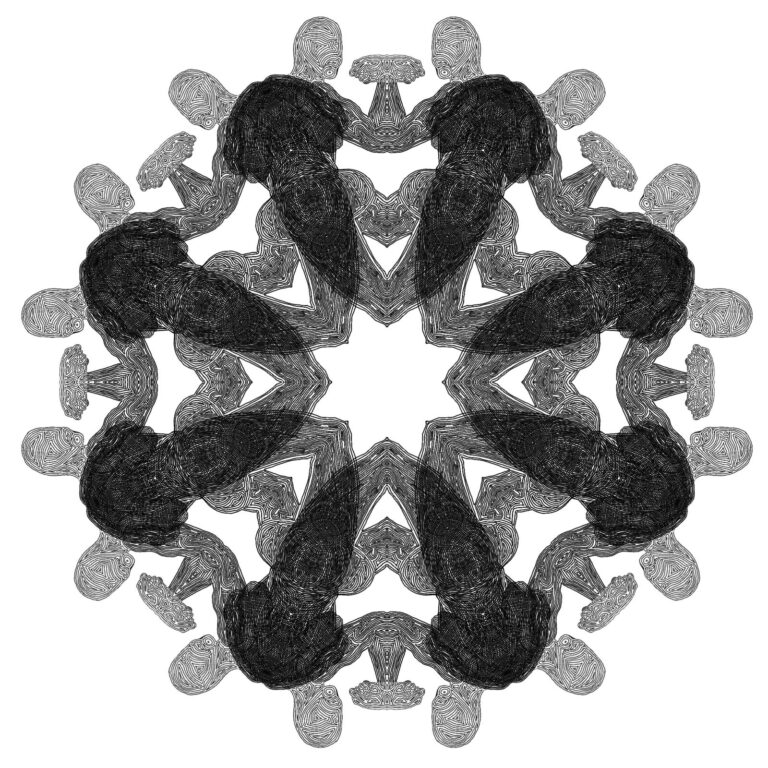Cosy Gaming is helping to transform perceptions of what work-life balance looks like. (Credit: Tonya Epsy)
You move to a new town. Piles of paperwork become piles of hay. Instead of waking up and embarking on an hour-long commute, you start your day by milking your cows and collecting eggs from your hens to sell at the local store. As a chilled out experiential game by StoneSkip, Simpler Times, has recently been announced, more are discovering cosy gaming.
Cosy gaming online content features welcoming pastel-tinted videos that offer lists of the best games to escape into when the world is just too much. These are usually accompanied by a gentle voiceover and soothing instrumental track that make you feel like you’re taking a walk in a forest. Most of this content is made by creators in their twenties and thirties, and appeal to others in this age group.
While there is no ‘one size fits all’ definition of cosy games, they often involve building relationships with others in a small town and immersing yourself in nature through activities like farming, fishing, and foraging.
“I think immersing yourself in these worlds and these stories can help provide a little perspective about what really matters, even though it’s sadly not feasible for everyone to give up their big corporate jobs and move to a small farm,” says Audrey Rogers, a cosy game Twitch streamer.
Cosy gamers are pushing back against the tide of productivity influencers and providing an antidote to hustle culture.
While the exhortations of productivity influencers often appear in feeds, surveys of American workers show their philosophy of constantly working hasn’t been taken to heart.
A 2022 survey of 2,000 US workers by insurance company Prudential found that 70 per cent of respondents prioritise their personal lives over their jobs and careers, and 20 per cent said they were willing to take pay cuts if it meant having a better work-life balance.
The pandemic transformed perceptions of what work-life balance looks like. Discussions about cosy gaming became part of this debate. With the arrival of Animal Crossing: New Horizons, cosy games were no longer a piece of jargon for a niche community.

“When Covid hit it was timed almost perfectly with Animal Crossing’s: New Horizon release and everyone was playing that. That game flew right off the shelves. Why? Because those were scary times and people wanted comfort, and a casual, non-demanding game about social simulation and decorating an idyllic island was such a good answer to that stress,” says Suzette of popular TikTok account, Cozy Tea Games.
Tonya Epsy, a part-time cosy game TikToker and mum-of-three, also thinks that cosy games are an antidote to overworking and burnout. “We need to have something we do for no one else besides ourselves, to make ourselves happy, whether it’s cosy gaming, gardening, or knitting,” she says. While many are quick to praise these games as an antithesis to hustle culture, some cosy gamers are hesitant to prescribe it as a cure-all for toxic work cultures.
Megan Keightley, the gamer behind the TikTok account, ‘pixelfarmergames’ provides another perspective: “I wouldn’t say cosy gaming is a good way against hustle and burnout culture because this usually begins at work.”
Hustle culture isn’t the only social force at odds with cosy gaming, the long-held belief that all video games are violent is another misleading philosophy that cosy games are fighting against. Studies have found that cosy games that focus on puzzle-solving and quests increase behaviour that is pro-social, “voluntary behaviour intended to benefit others.” In short, kindness, compassion, and helpfulness are just a few of the positive traits reinforced by cosy gaming.
“I think your everyday person not familiar with gaming automatically thinks of ultra-violent games like Call of Duty and Halo when they think of games, so I love when people see how much more there can be,” says Rogers, the Twitch streamer.
“I have diagnosed depression and anxiety and cosy gaming has definitely provided a way for me to help alleviate my systems,” she adds.
For Epsy, “The rise of popularity of cosy games shows a wider audience that not everyone who plays video games wants to shoot people in war, some simply want to farm and romance the local townsfolk.”
Video games don’t have to involve the simulated wielding of arms, shedding of blood, and decimation of civilisation. Instead, these cosy gamers are showcasing the healing and prosocial nature of video games. A good example of which are games like Undertale in which players are rewarded for showing mercy to monsters rather than killing them.
You may also like: London’s Roller-skating revolution








